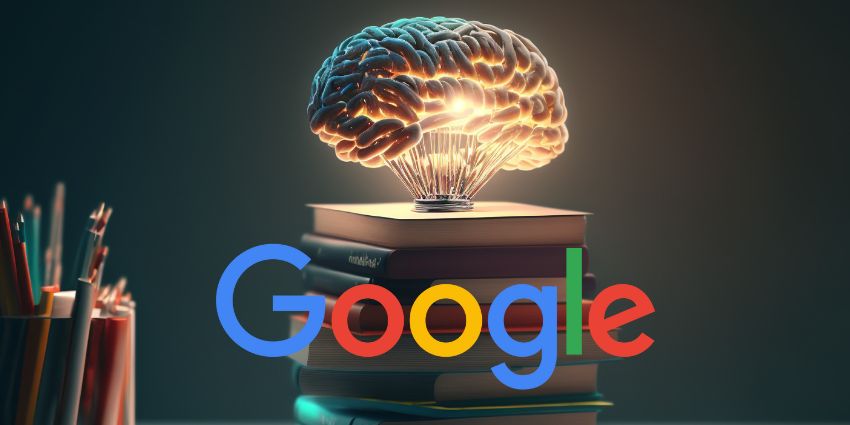
Google introduces ChatGPT competitor Bard
The AI wars have begun.
With artificial intelligence on the rise, Google has entered the fray with its own experimental AI. Bard, powered by LaMDA (Language Model for Dialogue Applications) technology, is currently in testing and expected to go live within weeks.
Both giants are rushing to beat one another to the top of the AI mountain, with no signs of slowing. Here’s what happened in this week’s tech news.
Introducing Bard
Google CEO Sundar Pichai announced in a blog post that they are currently testing a model through a limited access group but that the tool will be made “more widely available to the public in the coming weeks.” It was also mentioned that: “Bard is an experimental conversational AI service, powered by LaMDA(Language Model for Dialogue Applications). Built using our large language models and drawing on information from the web, it’s a launchpad for curiosity and can help simplify complex topics”
Google is committed to contributing to AI because it believes it has the power to make the world a better place through new healthcare innovations, technological breakthroughs, and improving people’s lives. The company has made steady progress over the past six years and is “re-investing in AI like never before”: “We see it as the most important way we can deliver on our mission: to organize the world’s information and make it universally accessible and useful,” Pichai wrote.
The company’s newly announced Bard is a conversational AI service powered by LaMDA — its Language Model for Dialogue Applications. Using deep learning and reinforcement learning, the product claims that it can handle millions of inputs per second, thanks to the development of its own visual and spoken dialogue systems.
Drawing on information from the web and our extensive research into human language and communication, Bard will combine the world’s vast knowledge with the intelligence of their large language models. Creating a digital assistant that is capable of providing high-quality responses, similar to the functionality seen with ChatGPT.
Bard is currently in a limited release for a small set of users. The team will use external feedback, along with internal testing, to refine Bard’s responses and ensure they meet high standards for quality, safety and accuracy.
Key Takeaways
- Google has announced its AI chatbot Bard, which is in private beta mode and is set to publicly launch within weeks. The service uses natural language processing techniques to deliver personalized insights based on a user’s queries. In addition, it provides intelligent answers using a conversational interface.
- A direct competitor to Microsoft-backed, OpenAI-created ChatGPT, which has amassed a huge user base in a few short months, this product will be a major upgrade to the current chatbot industry. With its AI and neural network processing capabilities, it has set out to enter the scene with a considerable bang.
- Google and Microsoft are both enjoying the benefits that come with being leaders in the AI space. Since they began competing on a more serious level, their stocks have been on the rise.